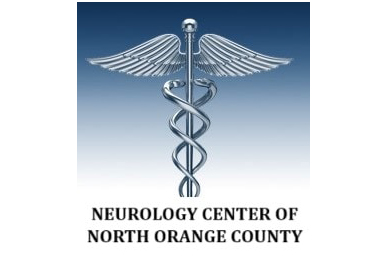Five Types of Alzheimer’s Disease that don’t begin with Memory Loss

- Visuospatial Differences
- Changes in Language
- Changes in Executive Decisions
- Behavioral Differences
- Changes in Motor Function


Alzheimer’s research is changing rapidly, and several trends are emerging. These trends mean earlier intervention, more treatment options, and personalized patient medicine. Organizations like the National Institute on Aging and the National Institutes of Health support early-stage disease research for age-related dementias and Alzheimer’s disease. By participating in Alzheimer’s clinical trials, patients with some memory…

Understanding Alzheimer’s Disease and Its Impact Alzheimer’s disease is a progressive neurodegenerative disorder affecting memory, thinking, and behavior. This condition is a leading cause of cognitive decline, significantly impacting individuals and their families. Globally, millions face the challenges posed by Alzheimer’s, and as the population ages, the prevalence of this disease is expected to increase….

A diagnosis of Alzheimer’s Disease is a tragedy for an individual and all of their family members. With no known cure and only limited treatment options, clinical research has been focusing on ways to help slow or stop disease progression. With such a mysterious and devastating illness, clinical trials of treatments and drugs are constantly…
NCNOC enjoys attending the Alzheimer’s Disease Research Foundation Fundraiser.

The latest Alzheimer’s research has yielded some promising results. New medications and sophisticated tools used to diagnose this disease are giving hope to many who suffer from Alzheimer’s disease as well as their loved ones and caregivers. Although it’s too soon to be sure, a cure or preventative treatment for this disease may be just…